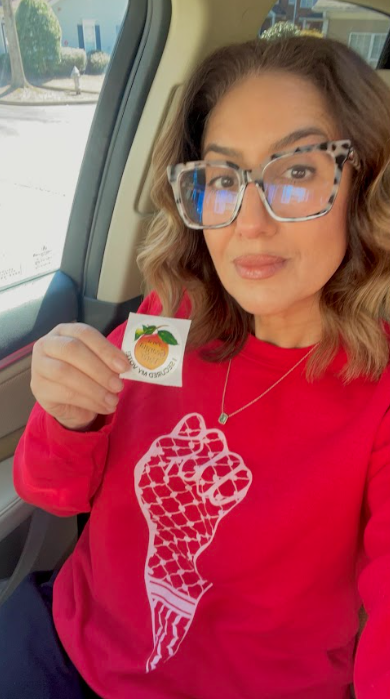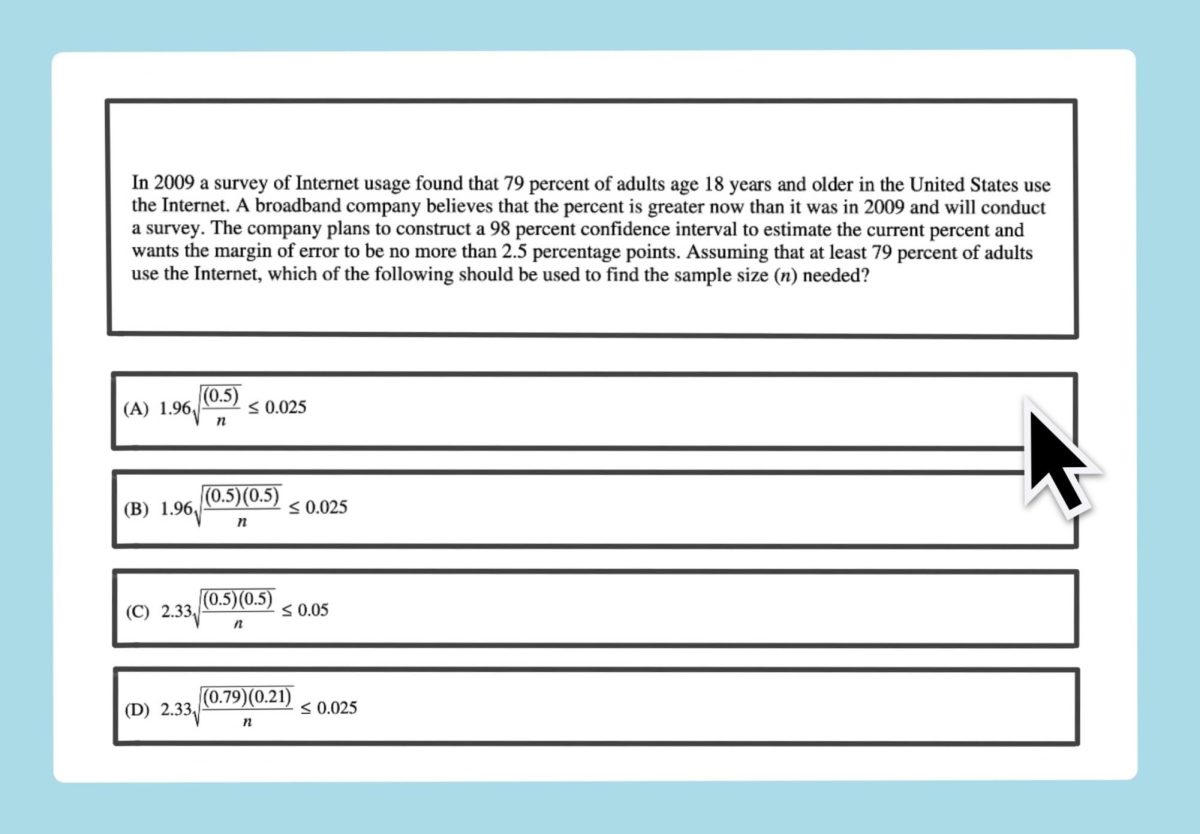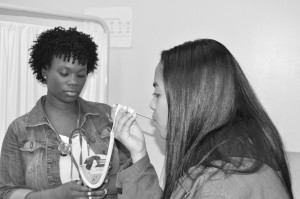
Most people have had one, if not a few experiences with a school nurse. Usually you are told to lie down, drink water, handed a bandage, or just told to go home, regardless of what your ailment is. This isn’t because of a lack of education or skill (school nurses are required to have degrees in nursing). Nor is it a product of laziness or apathy. Sometimes policy prevents school nurses from helping students.
According to Atlanta Public Schools’ guidelines, in order for nurses to hand out medication to a student, they must have an annual written statement from a licensed physician, on top of a written statement from the student’s parent or guardian expressly acknowledging the release of Atlanta Public Schools from all liability. The parents are responsible for providing the medication for the nurse to administer to the student. If pain or illness arises unexpectedly during school hours, nurses can do little to help.
“Every day I encounter a problem where I was not allowed to give medication to students that could help them,” said Grady nurse Shanika Fudge, who began working at grady this semester. “I feel like if you are going to have a nurse in the school, you should be able to administer medications, at least with parental consent, because they come every day for something, and I hate to always say that I can’t give anything.”
Although these precautions by APS may seem excessive, medical attorney Joseph King said liability could be a real threat if the medications harmed students.
“In these types of situations, the school district is generally immune,” King said. “Rules, no rules, it doesn’t matter. The nurse, even if she violated the rules about treating the student, would only be liable if she treated the student negligently. For example, if she gave medication she knew the child would be allergic to. This could lead to suing over malpractice.”
While parents are generally aware of the medicine allergies of their children, APS still requires a doctor’s note each year authorizing the nurse to provide medication at school.
Fudge tries to make up for these restrictions with non medicinal or non-invasive procedures, but some feel that this is not enough.
“When I went for my concussion, [the school nurse] made me lay down in a dark room,” freshman Molly Haynes said. “ I was supposed to take some Advil at school because of my concussion, but I guess because of protocol, she wouldn’t allow it and I had to go home to get some. It was kind of a pain.”
Because invasive procedures, along with unauthorized medications and ointment, are prohibited by Georgia law and APS policy, the list of medical supplies required for Georgia school nurses is short. The Georgia Association for School Nurses handbook mostly includes general first aid kit supplies, a CPR and blood pressure machine and a thermometer.
“Kids come in with colds and coughs and I can’t even give cough drops,” Fudge said. “When people have chapped lips, I can’t even give Vaseline. I also can’t give them anything for headaches or menstrual cramps that kids come in with daily to me.”
For continuous illnesses, such as diabetes, APS has a strict procedure.
“I follow diabetic students daily and follow their management plan,” Fudge said. “They come down to me to check their blood sugars. I just supervise them.”
But what happens before a student is properly diagnosed?
“Before I was diagnosed, I would get headaches and stomach aches all the time,” junior Elia Nelson said. “They were never allowed to give me anything. They just had me lie down for a while, then go back to class. Sometimes I would have to wait for my parents to come to school, and I would miss the rest of the day for something that could have been fixed with a simple medication.”
The work and time put into going by a doctor’s office for a note, may seem excessive for parents.
“Last year I had a really bad headache during school and my mother had to miss work to come get me in order for me to take pain medication, even though she gave permission,” junior Anna Starr said. “Because I also needed a doctor’s note, my mom had to miss work, and I missed class.”
Despite these obstacles, Fudge loves working with students and describes her first semester at Grady as enjoyable.
“I find nursing rewarding, I’m a very hands-on person and like to develop a relationship with my patients,” Fudge said. “In a school like Grady, you see the same people all the time and get very familiar with the students. I hope to provide the care I can and nourish a healthy school environment”








